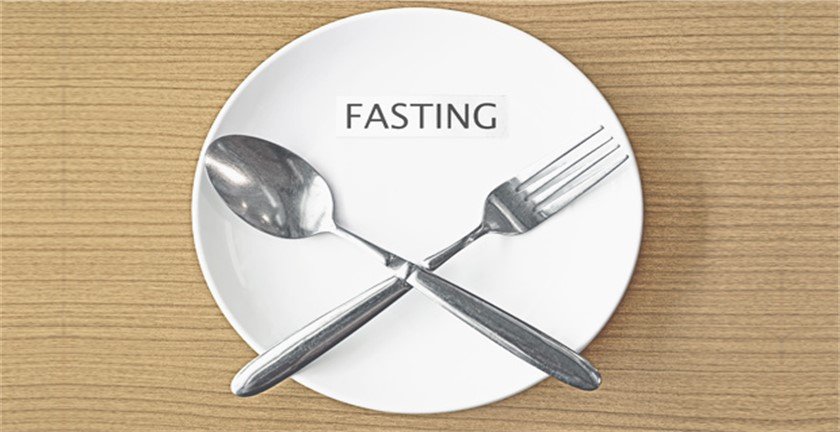Image source: biotest.t-nation.com
Fasting depends on your perspective and vested interests. Fasting can be used as part of dietary and lifestyle change to lose weight or can be used for spiritual purposes by demonstrating your devotion to religious activities.
People can use fasting for various causes and just like any other dietary change practices, fasting has its pros and cons.
Some of these pros and cons of fasting include:
Pros:
1. Increased concentration: It helps you gain control of your hunger as the energy levels increase. This boosts your concentration throughout the day as you carry out more technically demanding tasks.
2. Boost immunity: Fasting is one of the commonly used methods of naturally boosting the immunity and helps in healing of some conditions.
3. Increased energy: It is used as a way of boosting your energy and it keeps you alert and more focused throughout the day.
4. Cheaper lifestyle: Fasting acts as a convenient means of not eating and it is absolutely free.
5. Leaner: It helps you reduce body fat thus making you leaner, aesthetic, and have a slim physique.
6. Vibrant health: Fasting helps you feel healthier both physically and spiritually.
7. Sustainable long-term: To obtain great results, fasting should be done more often (probably throughout your lifetime). It isn’t a quick fix in the change of your lifestyle.
8. Body detox: Not only will you be able to burn fats from the body but the body will also be able to detox itself. All the chemicals absorbed in the body will be secreted via the urine.
9. Trigger growth hormone: It helps in the creation of chemical component used for building tissues and healing of wounds.
10. Basal metabolic rate drops: When the BMR drops, the core temperature in the body also drops resulting in a more efficient use of energy in the body.
Cons:
1. Hunger: Fasting is one of the difficult tasks to do since you will feel hungry and there is nothing you can do to avoid it.
2. Low energy: Immediately you start fasting, you will experience a drop in the energy levels for a short period and this might disappear with a week or two.
3. Lightheadedness: It takes time to get used to fasting and on your first days of fasting especially when doing it for the first time you may experience slight lightheadedness which goes away after your body adjusts to going without food.
4. Difficult in short-term: When you condition your body to fast then stop after a short while, you will feel more awkward. Although fasting is not easy, it should be practiced for long-time to yield better results.
5. The desire to binge after fasting: Binging is one of the difficult condition everyone faces when fasting but this can be solved by starting fasting for few days and extend them as your body get used to it.
6. Side effects: An empty stomach will trigger the stomach acid to burn the stomach lining creating more problems to the body.
7. Dehydration: Sometimes fasting can result in dry mouth, throat, headaches and this is not good for your health.
8. Long-term effect: Fasting for more than a month can cause an immune problem, affect your liver and some extreme cases cause death.
9. Weight management: Fasting will make the body respond to physiological adaptation and store more calories in your body. Once you resume you’re eating habits you will gain more weight.
10. Not for everyone: Diabetic people need glucose every day, going without it can have adverse effects on them.



